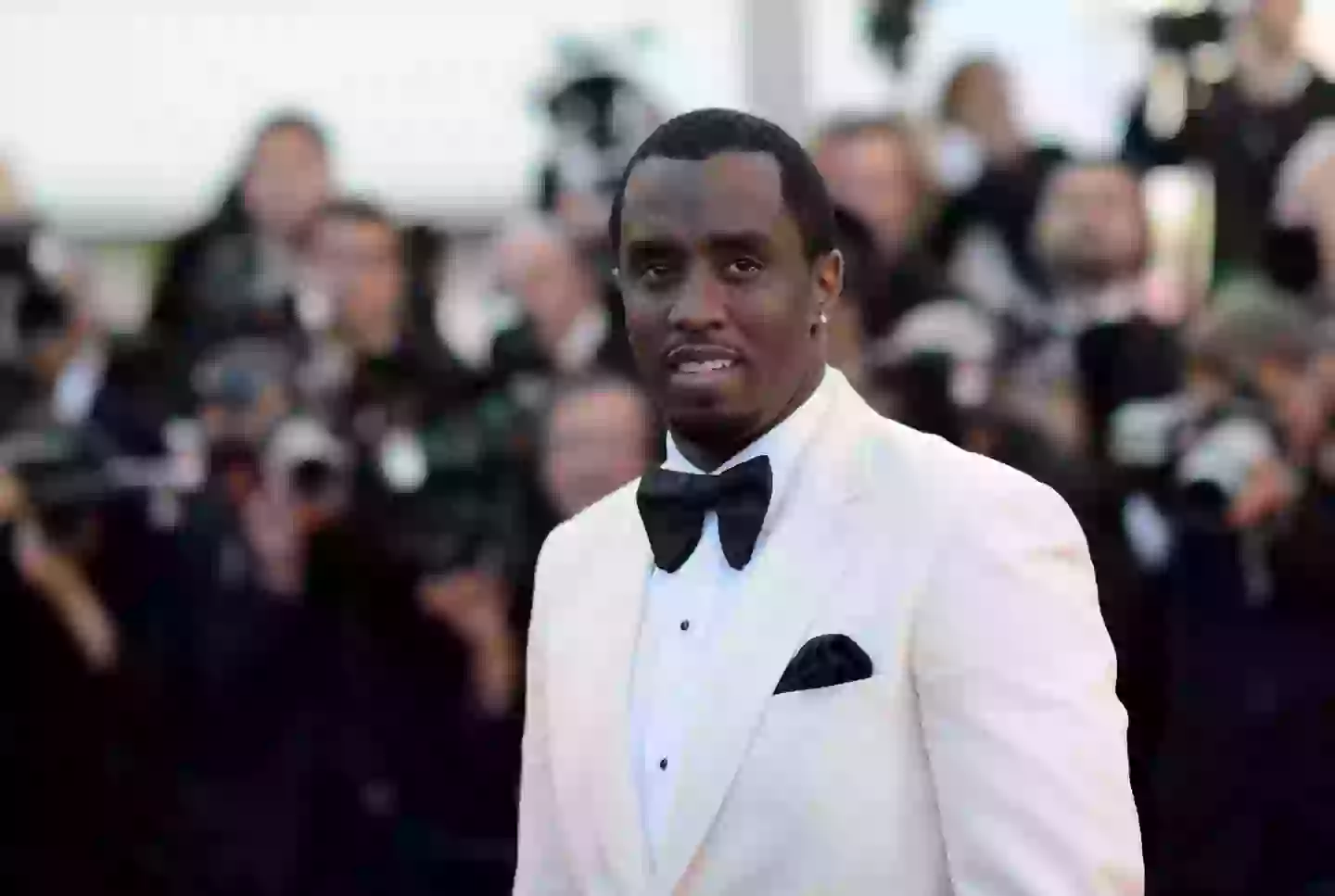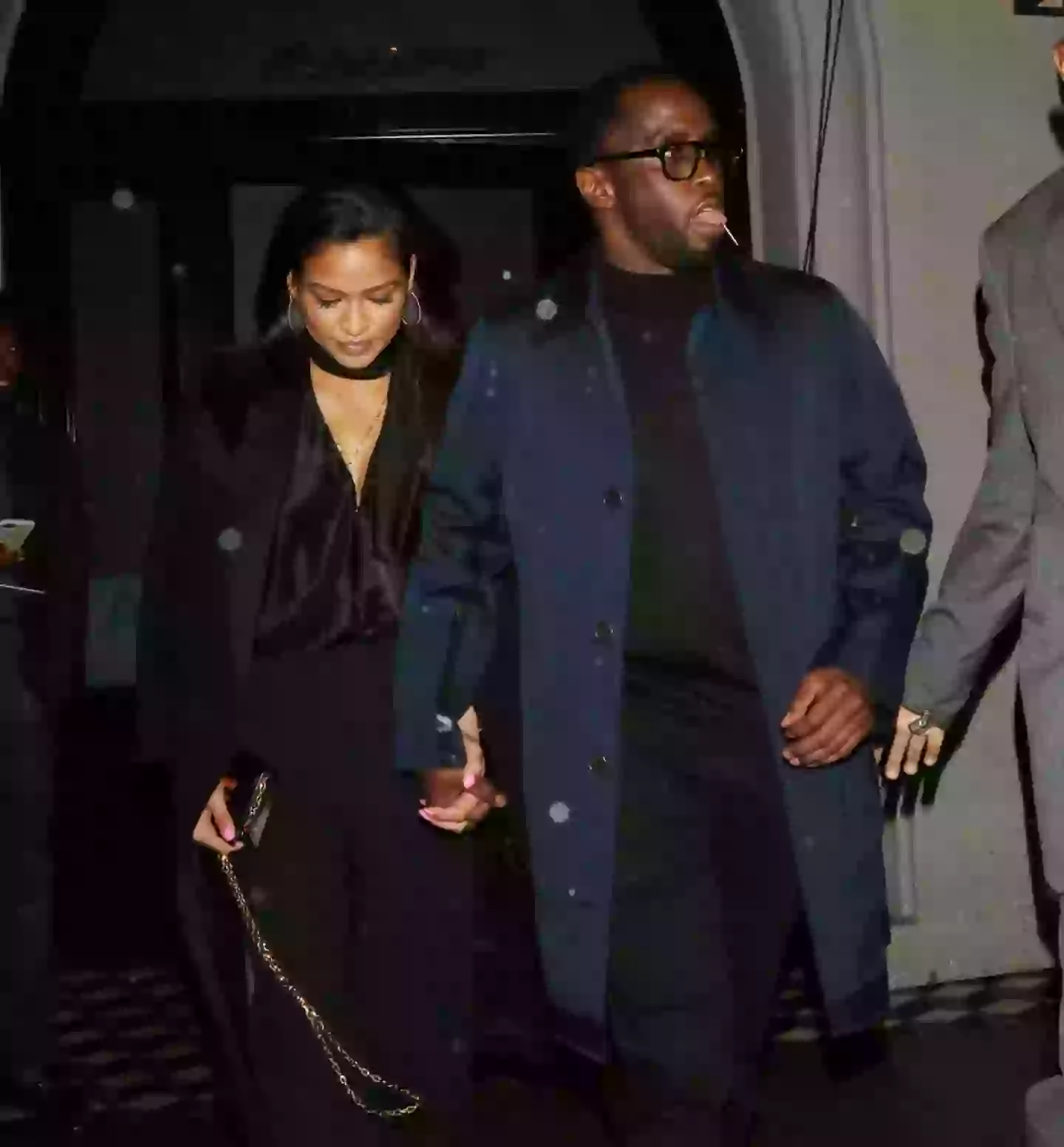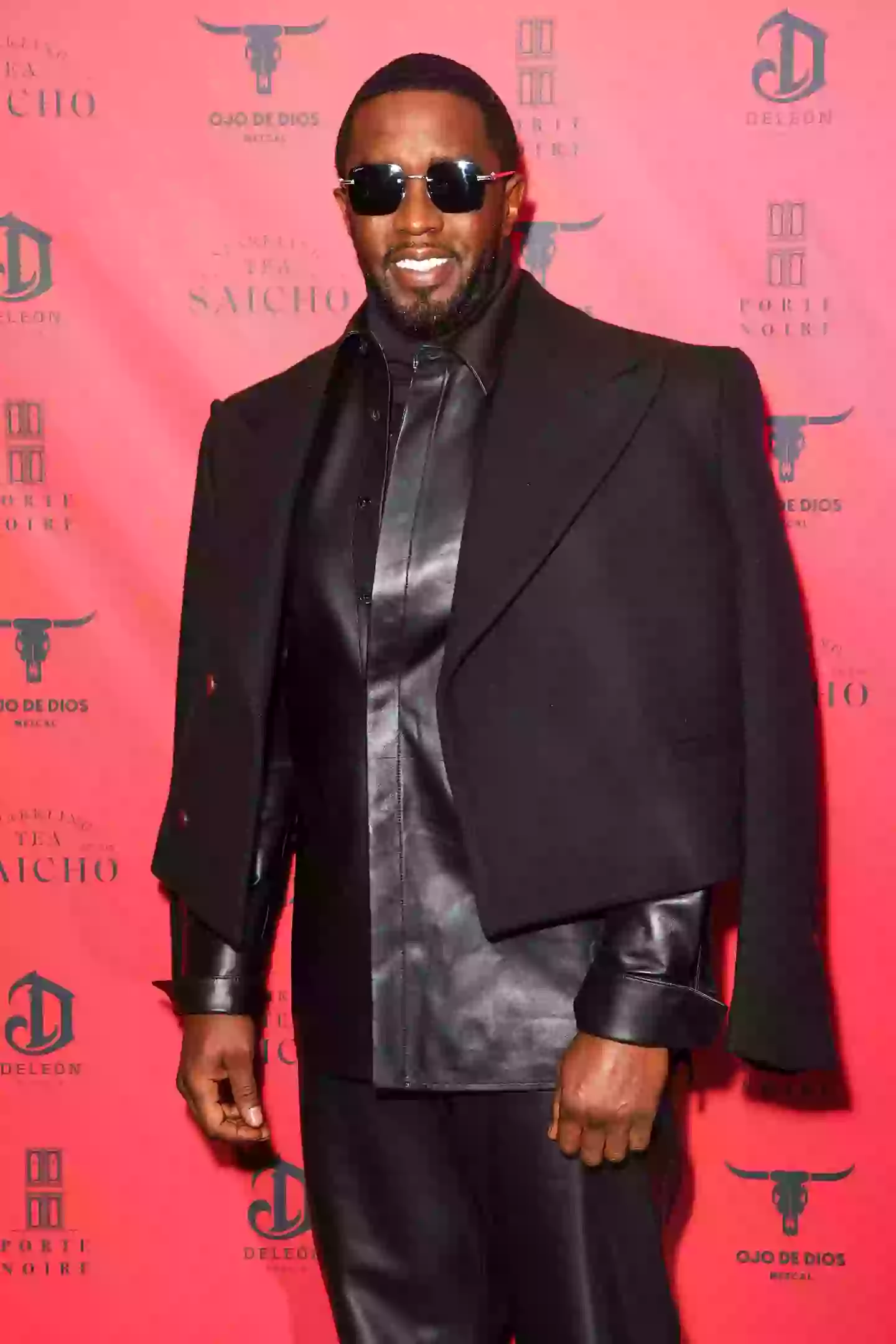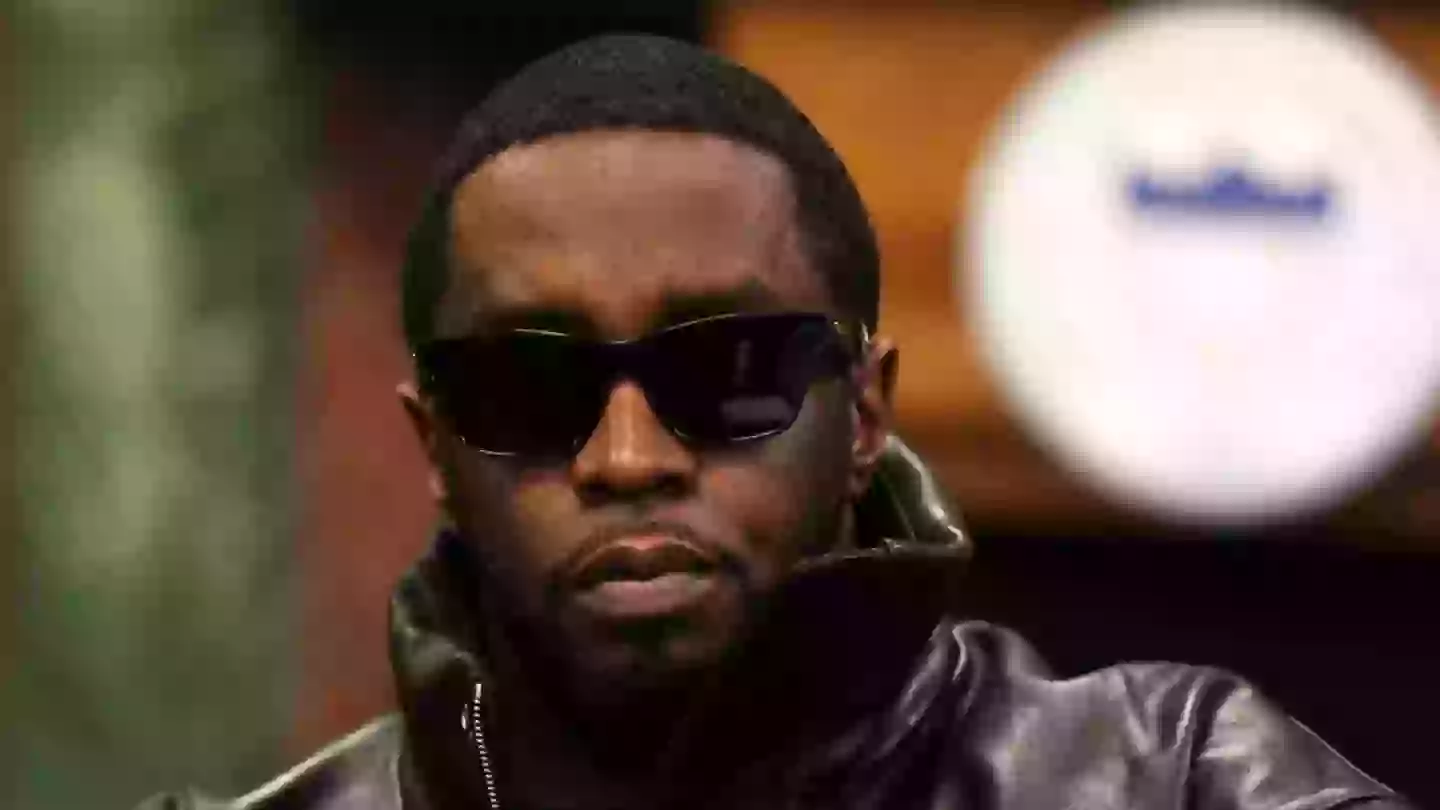After a six-week long trial, prosecutors in the case against Sean ‘Diddy’ Combs have concluded presenting their arguments related to the sex trafficking charges against him.
The charges against the music icon include allegations of racketeering and coercive sex trafficking.
Combs was detained last September in New York and has been in custody since then.
The 55-year-old is accused of hosting ‘freak-offs’, events described as sex parties where women were allegedly coerced into engaging in sexual acts with male escorts while Combs observed.
Combs has denied all accusations, asserting that the interactions were consensual.
A total of 34 witnesses testified during the trial, including his former partner Cassie Ventura, artist Kid Cudi, and some of Combs’ previous employees, along with hotel staff.
However, on June 24, Combs chose not to testify as his defense team presented their case.

The hearing was brief, lasting less than an hour, and the defense team did not call any witnesses.
According to ABC News, Combs addressed District Judge Arun Subramian after the prosecution concluded, saying about his decision not to testify: “That is my decision with my lawyers,” and then seemed to engage in a light exchange with the judge.
In response to Judge Subramian’s inquiry about his well-being, Combs said: “I’m doing great, how are you, your honor?” adding: “I want to tell you thank you. You’re doing an excellent job.”
So how did Combs’ legal team mount his defense without calling him or other witnesses to the stand?
The defense emphasized old text messages from 2012 between Ventura and Combs, where Ventura expressed affection and referred to herself as his ‘lil freak’.

They also presented law-enforcement interview notes showing discrepancies in witness accounts when compared to their original statements.
Moreover, Combs’ lawyers spent considerable time cross-examining the prosecution’s witnesses to undermine the credibility of the alleged victims’ statements. Shortly after the prosecution rested, the defense requested Judge Subramanian to issue a ‘judgment of acquittal’, citing insufficient evidence to establish guilt beyond a reasonable doubt.
The judge did not make an immediate decision on the motion. In federal trials, such motions, known as Rule 29 motions, are typically filed after the prosecution rests and again after the defense concludes.

Judges often withhold decisions until closing arguments and all evidence are reviewed, ensuring a comprehensive evaluation before determining if a reasonable jury could convict.
The jury is expected to reconvene on June 26 to hear the closing arguments.
This means jury deliberations, where they will discuss and aim to arrive at a unanimous verdict, could begin as early as June 27.
The time for deliberations can vary from hours to weeks, so the timing of the verdict remains uncertain.
If Combs is convicted on all charges, he faces the possibility of life imprisonment.

